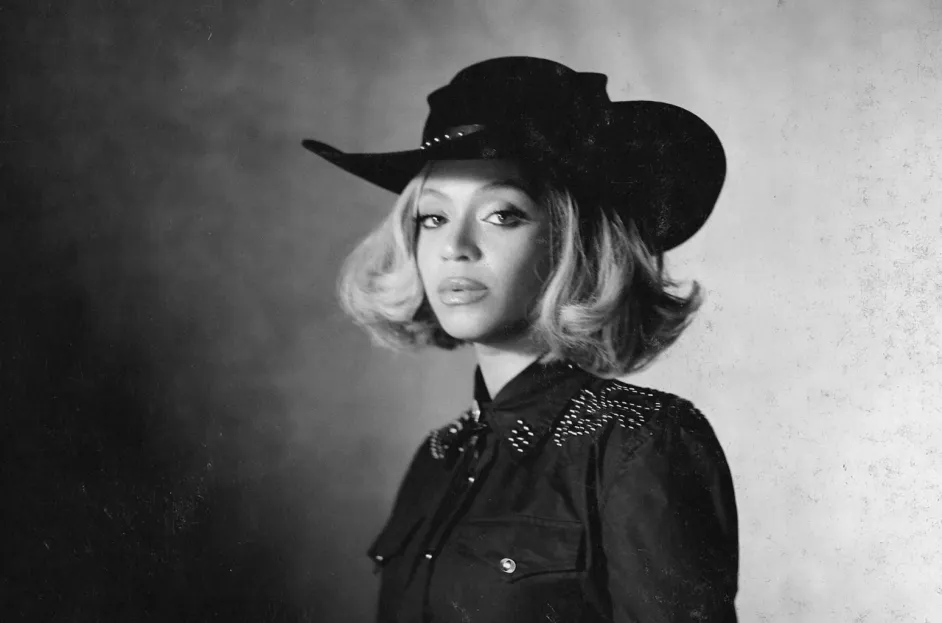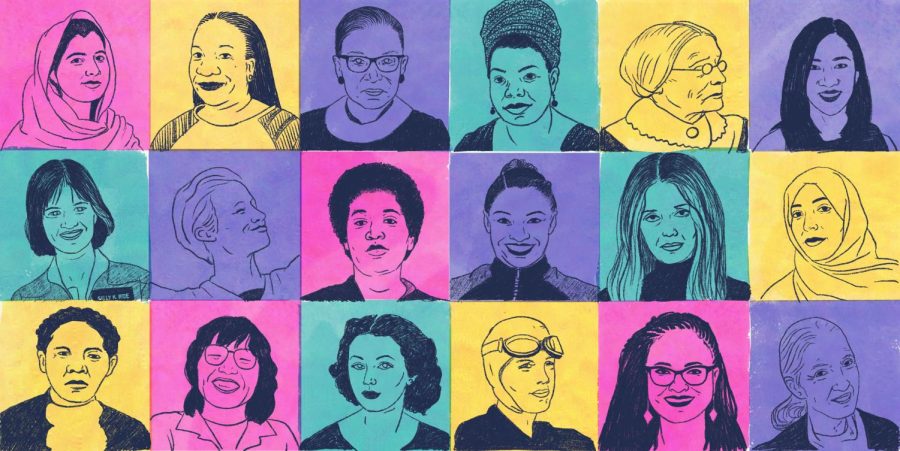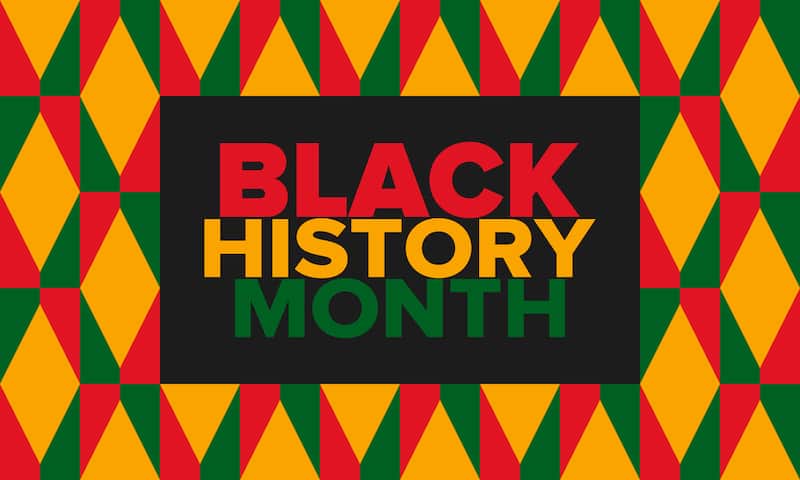Women’s History Month: Fact of the Day
Photo courtesy of EdPuzzle
March 2, 2023
March is upon us! Women’s History Month is an annual declared month that highlights the contributions of women to events in history and contemporary society. This month we commemorate and encourage the study, observance, and celebration of the vital role of women in American history.
March 1st: The world’s first novel, The Tale of Genji, was published in Japan around 1000 A.D. by female author Murasaki Shikibu.
March 2nd: In the early 20th century, Margaret Sanger fought to give women the right to birth control. To challenge the Comstock Act, she opened the first American birth control clinic. Although she was arrested and the clinic was shut down, it led to law reform.
March 3rd: Approximately 14% of active members in the U.S. armed forces today are women. In 1950, women comprised less than 2% of the U.S. military. Today, women play an active role in serving their country through military service, but many in years past would simply disguise themselves as men in order to gain access to the battlefield, including well-known examples like Frances Clayton in the American Civil War.
March 4th: In 1903, Marie Curie became the first woman to receive the Nobel Prize. Together with her husband Pierre, the duo announced the existence of radium. They were awarded the Nobel Prize in Physics for their work. Curie received her second Nobel Prize in 1911, making her the only person to win in two different science fields (physics and chemistry). Her work was crucial in the development of x-rays in surgery.
March 5th: Virne “Jackie” Mitchell, a pitcher, was the first woman in professional baseball. While women still don’t have much of a presence in baseball today, Mitchell proved that it wasn’t because they couldn’t play. During an exhibition game, she struck out both Babe Ruth and Lou Gehrig. Her performance probably played a part in baseball commissioner Kenesaw Mountain Landis banning women from the sport later that year.
March 6th: African-American performer Josephine Baker was working in France during WWII, but not only as a singer, dancer and actress. She was also helping the war movement, smuggling numerous messages to French soldiers. She often hid messages inside her dress or concealed with invisible ink on her sheet music. Baker’s work in the war is only part of what makes her such an amazing figure, as she was the first African American female to star in a major motion picture, perform in a concert hall and played a big role in the Civil Rights Movement.
March 7th: Susan B. Anthony was a women’s rights activist known for her work during the suffrage movement in the early 1800s. Led by the Quaker teachings that every human is equal, she began collecting antislavery petitions at age 17 and spent her entire adult life fighting for gender equality and women’s right to vote.
March 8th: In 1983, the world watched as Sally Ride—an astronaut and physicist—became the first American woman in space aboard the Space Shuttle Challenger. She was the third woman ever in space, paving the way for future female scientists.
March 9th: Serena Williams is a professional tennis player with 23 Grand Slam singles titles to her name—the last of which she won while pregnant. She currently holds more titles than any other active player, has won four Olympic gold medals, and became the highest-paid female athlete in the world in 2016. She’s spent much of her career advocating for equal treatment of women and women of color within sports, and has been outspoken about the gender pay inequality in athletics.
March 10th: Aretha Franklin did it all: As a singer, songwriter, pianist, and actress, she quickly became a household name in the 1960s. After finding success with songs like “Respect,” and “(You Make Me Feel Like) A Natural Woman,” Franklin was known as the Queen of Soul and was the first woman to ever be elected into the Rock and Roll Hall of Fame.
March 11th: Known for her iconic collars, Ruth Bader Ginsburg was a justice on the United States Supreme Court from 1993 until her death in 2020. She graduated first in her class at Columbia Law School, and was the first Jewish woman (and only the second woman) to ever serve. She spent much of her career fighting for women’s rights and gender equality, and has since become an icon for the feminist movement.
March 12th: Ava DuVernay is a director and filmmaker known for her work on titles including 13th, When They See Us, Selma, and Middle of Nowhere. She was the first Black woman to win the directing award at the Sundance Film Festival and was the first Black woman to be nominated for both a Golden Globe Award for Best Director and the Academy Award for Best Picture.
March 13th: After a successful career as an attorney in Hawaii, Patsy Takemoto Mink became the first woman of color elected to Congress in 1965. As a third-generation Japanese American, Mink was the first Asian-American woman to serve in Congress where she fought for social welfare and civil liberties.
March 14th: Eleanor Roosevelt was the longest-serving First Lady of the United States, but she did much more than simply support her husband in the presidency. Although it was a bit taboo for a First Lady to speak on such issues in the 1960s, Roosevelt was outspoken about the civil rights movement. After leaving office, she went on to become the United State’s first delegate of the United Nations where she served on the UN Commission on Human Rights and helped pass the Universal Declaration of Human Rights.
March 15th: Chances are good that you’ve heard Maya Angelou’s work (even if you didn’t know it at the time). Her works I Know Why the Caged Bird Sings and Still I Rise are commonly quoted today in reference to her years of activism in the civil rights movement. She’s been nominated for a Pulitzer Prize, a Tony Award, and three Grammys.
March 16th: After graduating from Yale Law School, Sonia Sotomayor served as Assistant District Attorney in New York before she was nominated to the U.S. District Court by President George H.W. Bush. In 2009, she became the first Hispanic and Latina Justice to serve on the United States Supreme Court after she was nominated by President Barack Obama.
March 17th: Katharine Graham was a publisher who led The Washington Post for almost thirty years. She was the first female publisher of a major newspaper, and in 1972 she became the first female CEO of a Fortune 500 company as the CEO of the Washington Post company. She also won a Pulitzer Prize for her memoir Personal History in 1998.
March 18th: There’s a reason you immediately recognize Amelia Earhart’s name. In 1932, she became the first female pilot (and only the second person ever) to fly solo across the Atlantic Ocean. She went on to become a best-selling author and a cofounder of The Ninety-Nines, an organization of female pilots. In 1937, Earhart went missing during a flight over the Pacific Ocean.
March 19th: Referred as one of the great poets by Plato, Sappho is one of the first known female writers.
March 20th: After risking her life to bring supplies and support to wounded soldiers during the Civil War, earning the title as “Angel of the Battlefield,” Clara Barton went on to found the American Red Cross at the age of 59. Working with influential friends and contacts, including Frederick Douglass, Barton served as president of the organization until the age of 83. Her legacy for comforting and caring for the wounded continues to be reflected through the volunteers and employees who work for the American Red Cross to this day.
March 21st: A powerful activist for women’s pay equality, Lilly Ledbetter filed suit in 1998 against Goodyear Tire & Rubber Company, her former employer, due to being paid significantly less than her male colleagues. The court went on to rule against her in 2007, claiming the suit had to be brought within six months of the discrimination occurring. She fought back, making the case that she hadn’t discovered the discrepancy until several years later.
March 22nd: A fearless leader who fought for justice and served America until her death in September 2020, Ruth Bader Ginsberg was an American lawyer and jurist who served as an associate justice of the Supreme Court of the United States from 1993 through 2020. Ginsburg was the first Jewish woman and the second female to serve on the court. She spent much of her career advocating for gender equality and women’s rights, going on to win several arguments before the Supreme Court, including the Lilly Ledbetter Fair Pay Act.
March 23rd: Harriet Tubman was born into slavery in Maryland in 1822 and endured physical abuse that left her with scars for the rest of her life. At the age of 27, she escaped slavery through the Underground Railroad and served as a ‘conductor’ on the Railroad as well as a Union spy during the Civil War. Celebrated as a prominent figure in the abolitionist movement, Tubman’s fearlessness helped countless individuals escape slavery and death.
March 24th: One of the founders of the NAACP, Ida B. Wells was an investigative journalist and one of the first individuals to report on lynching in the United States. After traveling around the country investigating lynching incidents, she learned that lynching was not due to Black men raping white women, which was the narrative that people around the country were being told to justify the heinous acts. Rather, lynching was happening due to consensual interracial relationships and white individuals feeling threatened by economic competition. Wells published her findings in a pamphlet titled, “Southern Horrors: Lynch Law in All Its Phases.” Following this publication, Wells was forced to flee from Tennessee for fear of her life. She fled to Chicago and continued to report on lynching and speak to audiences in the U.S. and in Europe about the topic, forming anti-lynching groups in the U.S. and abroad.
March 25th: At the age of 15, Malala Yousafzai was shot in the head by the Pakistani Taliban while traveling home from school. The assassination attempt was in retaliation to Yousafzai’s demands that girls receive an equal education to boys. She survived and went on to become the youngest individual to receive a Nobel Peace Prize at the age of 17. She has been an activist, champion of human rights, and a prominent figure in promoting equal rights for women and girls in Pakistan, bringing hope and inspiration to women and girls around the world. Her first book, I Am Malala, was published in 2013.
March 26th: Martha Wright Griffiths, an American lawyer and judge, pushed through the Sex Discrimination Act in 1964 as part of the Civil Rights Act. This act has helped protect countless women on the job and in everyday life from discrimination based on their gender.
March 27th: The first person to make the daring attempt to go over Niagara Falls in a wooden barrel was a woman. On October 24, 1901, Annie Edson Taylor, a forty-three-year-old schoolteacher from Michigan plunged over the falls. She survived with only a small gash on her head, but swore to never take them on again.
March 28th: 40s movie actress, Hedy Lamarr wasn’t just a pretty face, she was also an inventor. Hoping to find a way to contribute to the war effort during World War II, Lamarr developed a radio-controlled torpedo device which used “frequency hopping” to prevent the signals from the torpedoes from being jammed. While the technology wasn’t adopted for WWII, it was used in subsequent conflicts.
March 29th: Susan Kare developed most of the interface elements for Apple Macintosh. You might not think that women have played a huge role in the development of computer technology, but in this case you’d be wrong. Kare helped develop the bulk of those little icons early Mac users clicked on every day. Kare left Apple in the 80’s, and is still working with innovating new technologies and improving design.
March 30th:
March 31st:











































